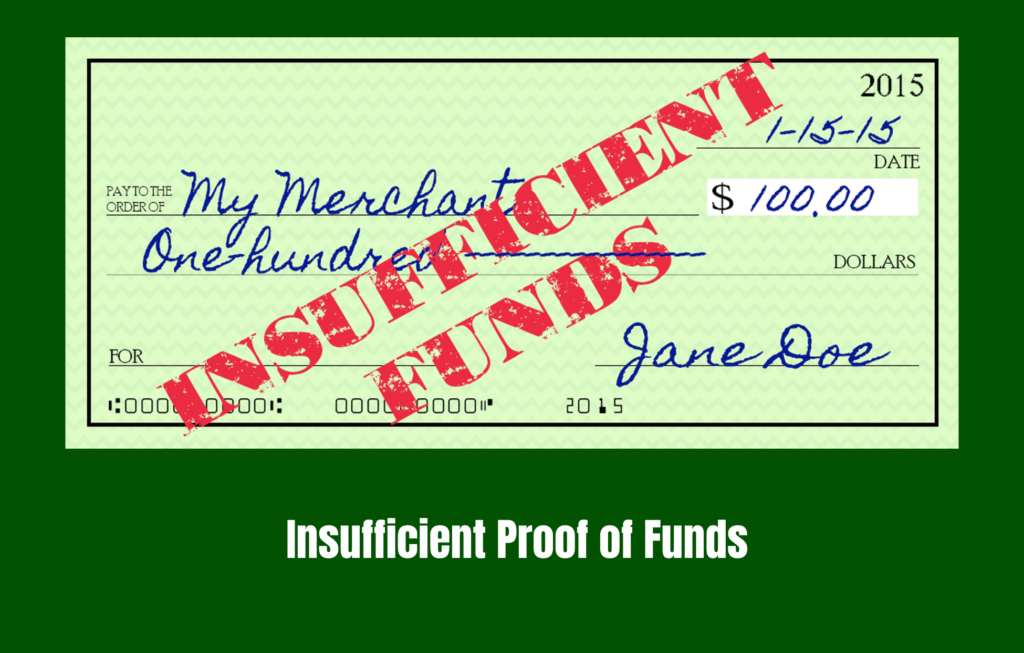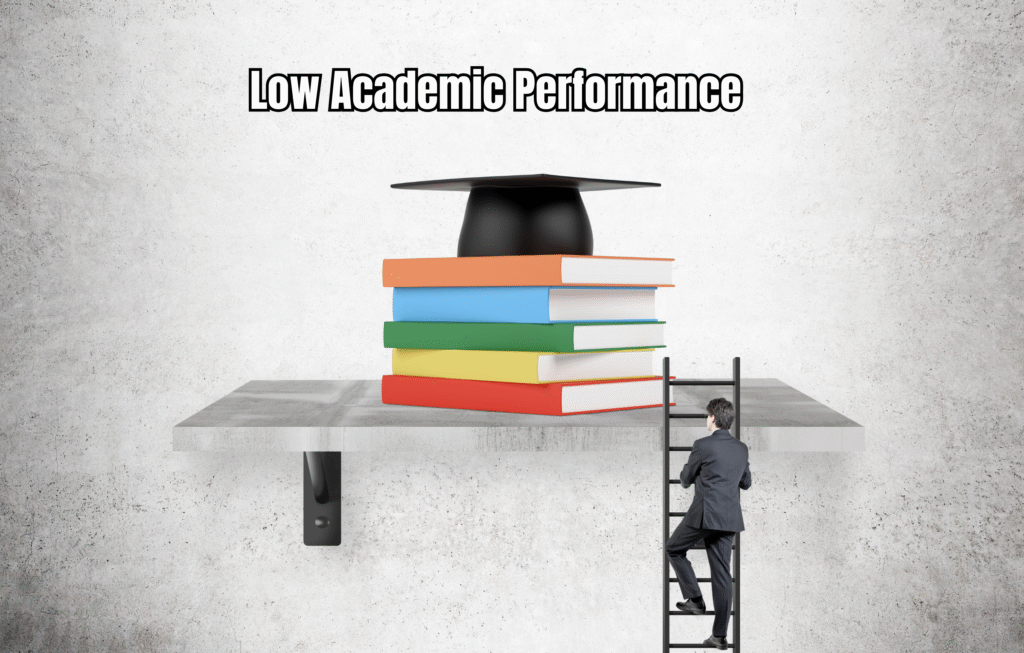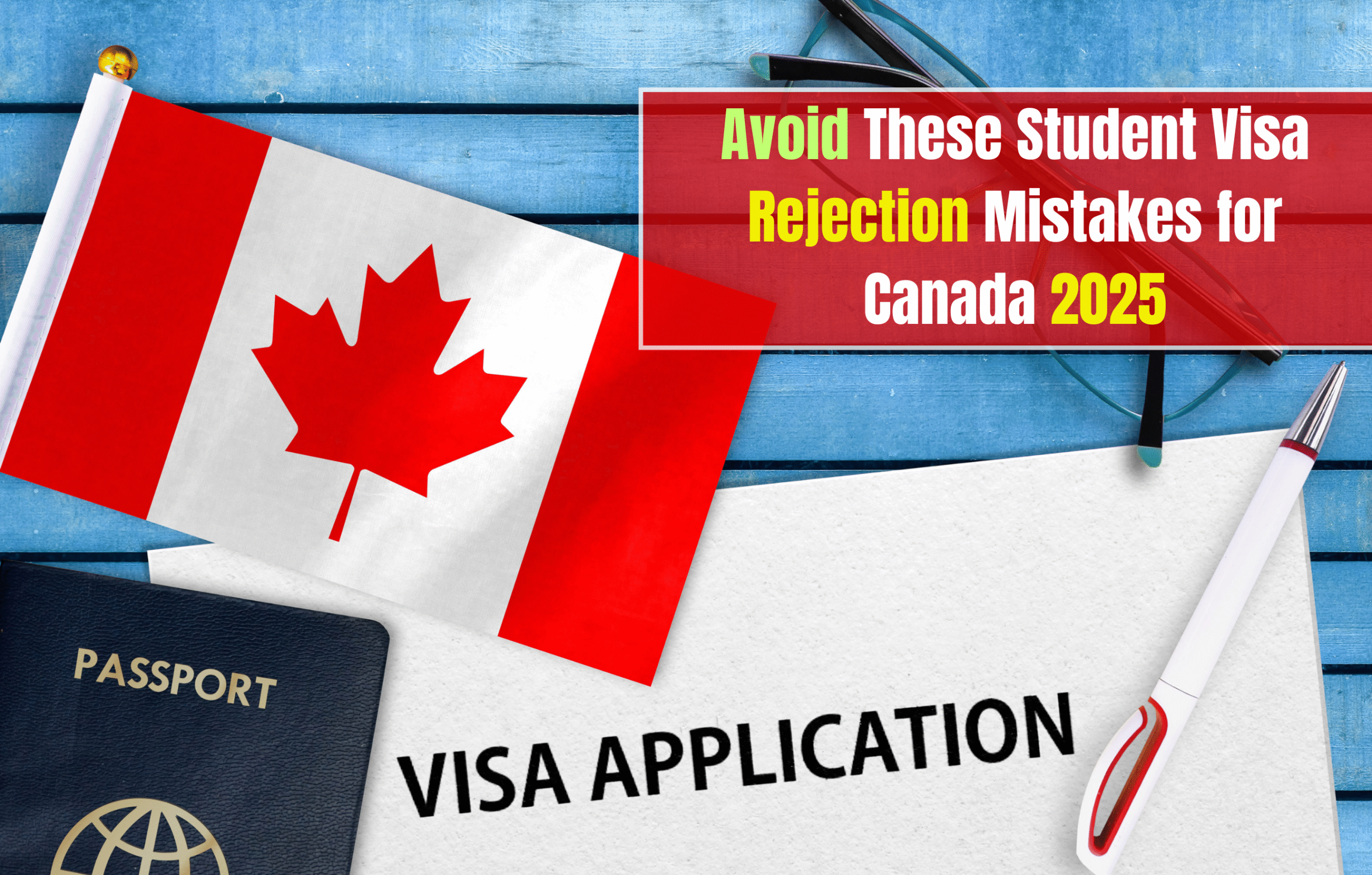Canada Student Visa 2025: Top Rejection Reasons & Expert Tips to Secure Approval
Canada has long been a preferred destination for international students due to its world-class education system and diverse cultural environment. However, in 2025, the Canadian government implemented stricter policies, leading to a significant increase in student visa rejections. Understanding the reasons behind these rejections and how to address them is crucial for prospective students aiming to study in Canada.
Why Are Canada Student Visas Being Rejected in 2025?
Recent data indicates a sharp rise in student visa rejections, with approximately 62% of applications being declined in 2025—the highest rate in a decade. This uptick is attributed to several factors:
1. Insufficient Proof of Funds

One of the primary reasons for visa rejection is the inability to demonstrate adequate financial resources. Applicants must show they have enough funds to cover tuition, living expenses, and return travel. In 2025, the required minimum financial proof has doubled to CA$20,635. Failure to provide clear and verifiable financial documents, such as bank statements with a consistent history, tax returns, or salary slips, can lead to rejection.
2. Unclear Purpose of Study
Visa officers assess whether the chosen program aligns with the applicant’s academic and professional background. Applying for a program unrelated to previous studies or work experience without a compelling explanation raises doubts about the applicant’s intentions. Such discrepancies can be perceived as attempts to use the study permit as a means to immigrate rather than pursue genuine education.
3. Weak Ties to Home Country

Demonstrating strong ties to one’s home country is essential to assure visa officers of the applicant’s intent to return post-study. Limited family connections, lack of employment prospects, or absence of property ownership can be viewed as indicators of potential overstay, leading to visa refusal.
4. Incomplete or Inaccurate Documentation
Submitting incomplete applications or providing false information can result in immediate rejection. Common mistakes include missing documents, such as the Letter of Acceptance from a Designated Learning Institution (DLI), or discrepancies between documents and application forms. Ensuring all required documents are accurate and complete is vital.
5. Low Academic Performance

Consistent academic records are scrutinized during the visa application process. Significant gaps in education or poor grades without valid reasons can raise concerns about the applicant’s ability to succeed in the chosen program, leading to rejection.
Expert Tips to Enhance Your Canada Student Visa Application
To increase the likelihood of a successful student visa application in 2025, consider the following expert-recommended strategies:
1. Provide Comprehensive Financial Documentation
Ensure you present a clear and detailed financial plan. This includes:
- Bank Statements: Show at least six months of transactions.
- Income Proofs: Include salary slips, tax returns, or business documents.
- Education Loans: If applicable, provide loan sanction letters and repayment terms.
- Sponsorship Letters: Clearly state the sponsor’s relationship and financial capacity.
Consistency across all documents is crucial. Avoid sudden large deposits without clear sources, as they can raise red flags.
2. Align Your Chosen Program with Your Background
Select a program that logically follows your previous studies or work experience. Provide a well-articulated Statement of Purpose explaining why this program is a natural progression in your academic and career journey. This helps convince visa officers of your genuine intent to study.
3. Strengthen Your Ties to Your Home Country
Demonstrate your intent to return home after your studies by:
- Employment Commitments: Provide evidence of job offers or ongoing employment.
- Family Responsibilities: Highlight familial obligations that necessitate your return.
- Property Ownership: Include documents proving ownership of assets or property.
These factors assure visa officers of your commitment to return home.
4. Submit Complete and Accurate Documentation
Double-check your application for completeness and accuracy. Ensure all required documents are included and match the information provided in your application forms. Any discrepancies or omissions can lead to delays or rejections.
5. Maintain a Strong Academic Record
If there are gaps in your education or periods of low academic performance, provide valid explanations. Demonstrating a commitment to your studies and a clear plan for academic success can mitigate concerns.
6. Choose a Recognized Designated Learning Institution (DLI)
Ensure that the institution you plan to attend is a recognized DLI. Attending an unrecognized institution can lead to visa refusal. Verify the institution’s status on the official DLI list provided by the Canadian government.
Recent Developments in Canada’s Student Visa Policies
In 2025, Canada introduced several policy changes affecting student visa applications:
- Reduced Study Permit Caps: The number of study permits issued has been capped at 437,000, a 10% decrease from the previous year, to manage domestic pressures such as housing shortages and infrastructure strain.
- Provincial or Territorial Attestation Letter (PAL/TAL): Applicants now require a PAL/TAL to ensure compliance with federal caps. This requirement has been extended to master’s and post-doctoral students.
FAQs
Q1: Why are Canada student visas being rejected in 2025?
A1: Major reasons include insufficient proof of funds, unclear study purpose, weak home ties, incomplete documents, and low academic performance, leading to a 62% rejection rate in 2025.
Q2: How much financial proof is required for a Canada student visa?
A2: Applicants must show at least CA$20,635 to cover tuition, living expenses, and return travel, supported by clear, verifiable documents like bank statements and income proofs.
Q3: What does “unclear purpose of study” mean in visa rejections?
A3: It means the chosen program doesn’t align with the applicant’s academic or work background, raising doubts about genuine study intentions and potential misuse for immigration.
